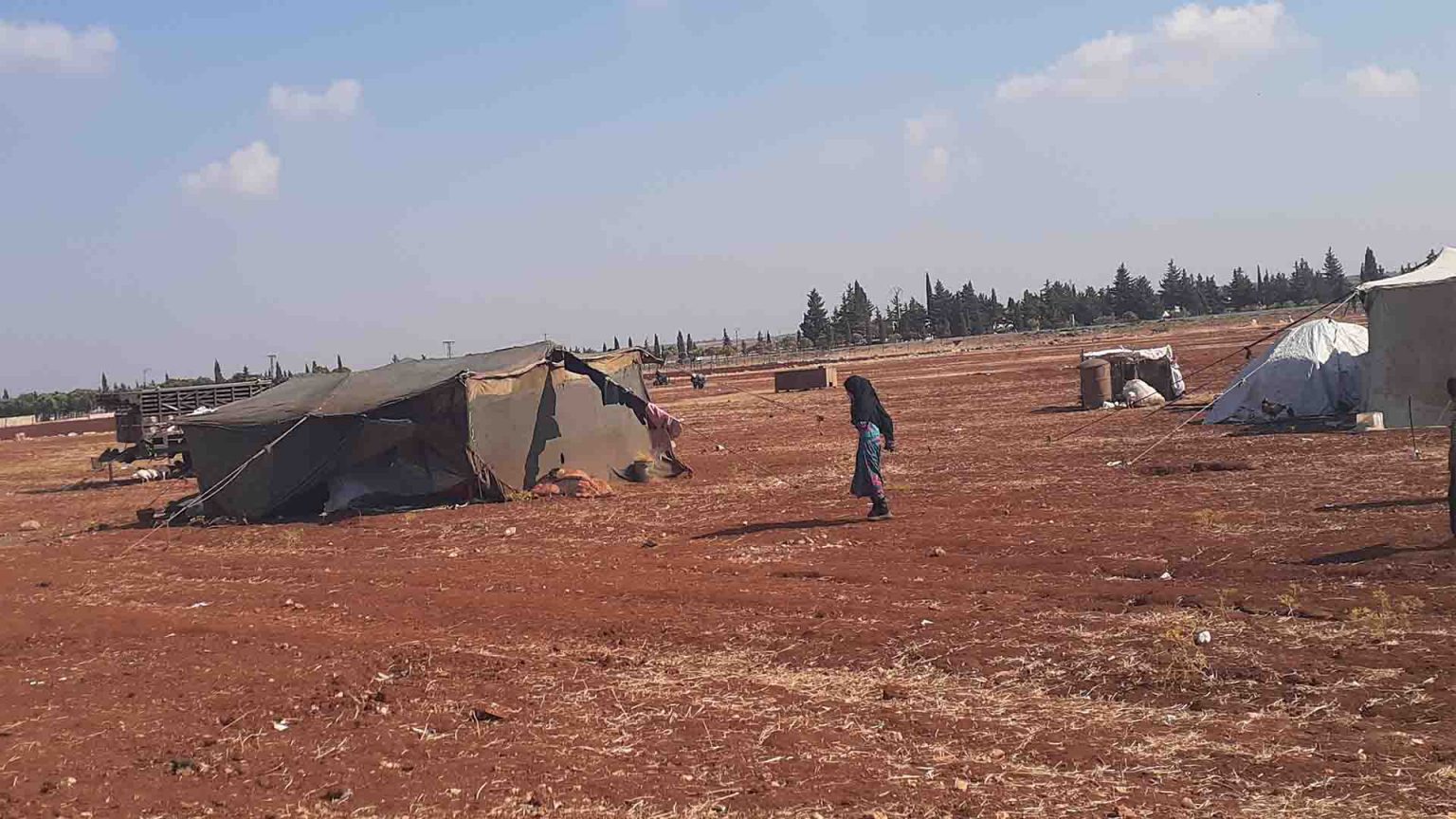The phenomenon of underage marriage is increasing in northwest Syria’s Idleb region due to war and the deterioration of living conditions, in addition to social beliefs that tell young girls that her only option in life is to be a housewife and serve her husband.
Sixteen year old Suhayla Arafat has lived in the house of her husband’s family in the city of Sarmada, in the countryside of Idleb, since she got married four months ago.
“My older sister turned 30 while she was waiting for a husband, so my father’s decision regarding me, was that I get married while underage,” Suhaila told North Press.
“Fear of spinsterhood was a direct cause of my early marriage, but fear of the unknown future in light of war was the most important reason,” she added.
Big responsibility
Underage marriage for girls is not limited to the countryside, but also includes cities, where families do not care about a girls’ education and believe that girls have better chances of getting married at a younger age.
Fifteen year old Bara’a al-Omar, from the city of Khan Sheikhoun, left school to enter her marital home a year ago. She says that psychological pressure is increasing daily due to differences with her husband.
“When I complain to my family, my father scolds me and asks me to be patient,” she told North Press.
Bara’a got married when she was 14, and her husband is 11 years older than her.
She said that all she had known about marriage was the white dress and the sparkling jewels, “but suddenly, a great responsibility faced me.”
“The child growing in my womb made me abandon the dark ideas I had to get rid of the domination of the father and the husband.”
Divorce
Underage marriage is evident in the IDP camps as well, because girls stop their education. Education is often not a priority for the displaced, who are only concerned with securing their livelihoods.
Forty-four year old Abd al-Hay al-Asfar, a resident of Khan al-Sabil town in the southern countryside of Idleb, said that he married his three daughters, despite their young ages, after his displacement to a random camp in the Deir Hassan region.
“After my displacement, I became unemployed, and I decided to marry off my daughters, the oldest of which is 17, to be assured of them, as the fate of the girls in our society is her husband’s house,” he added.
However, he is now bemoaning his middle daughter, whose marriage lasted only five months and ended in divorce, and he says that her husband was “without morals and conscience.”
“He was nine years older than her, and we discovered later that he was married and has children, and that he was dependent on his parents to obtain the expenses of his first wife and children,” he added.
The daughter experienced all kinds of torture and humiliation in the house of the husband, who used to scold and beat her for the smallest reasons, according to her father.
Specialists warn of the effects and consequences of underage marriage on girls in particular and on society in general.
Dangerous consequences
Jihan Matar, a sociologist from Ma’arat al-Numan, said that the Syrian war has made underage marriage “permissible, so the role of women is limited to the tasks of marriage and childbearing.”
She warned of a serious social problem due to the loss of educational opportunities for girls, which creates an illiterate generation, in addition to a large proportion of them being divorced with no legal measures to defend themselves and their rights.
Matar pointed out that a young girl’s body is not prepared for the physiological changes that accompany pregnancy and childbearing, which leads to many physical and psychological illnesses, such as depression, tension, and anxiety.
Matar noted the need to launch awareness campaigns to curb this phenomenon, which has become widespread during the war.
This article was edited by The Syrian Observer. The Syrian Observer has not verified the content of this story. Responsibility for the information and views set out in this article lies entirely with the author.


